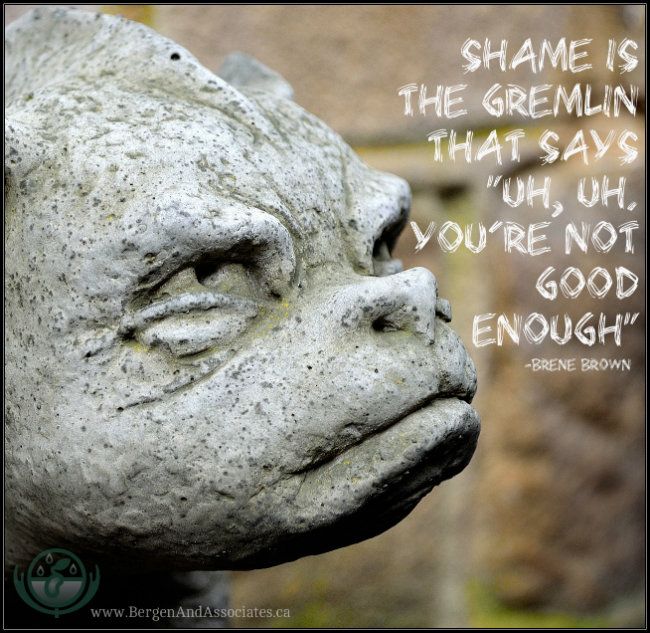Shame
This is the first post in a series of blog posts on Shame based on the book The Power of Vulnerability by Brene Brown. If you haven’t listened to it already, I highly recommend you to listen to this book here on Audible.
Every time I read about something that is deep or interesting, I tend to have a conversation about it with a few close friends. I’ve had good and lengthy conversations in the past and I’ve also learnt a lot by talking to them about it. However, this time around most of them didn’t want to talk about shame - some said they were too happy at the moment to talk about it while others claimed they’ve never been in shame and hence don’t have anything to say.
I think Shame is one of the most complicated emotions - not just to talk about it to someone but also to think about it. I’ve hesitated a lot to write about this myself but finally decided to go with it. This blog post is about defining and understanding this emotion. This is how Brene defines Shame -
Shame is the intensely painful feeling that we’re unworthy of love and belonging.
It is the feeling that you get when you think I’m not good enough - it could be rich enough, smart enough, fit enough, beautiful enough etc. We all have it and in fact, the less you talk about it, the more you have it. Good metaphors for shame are Gremlins (the scary, terrible looking creatures from Christopher Columbus’ movie) and also Dementors (the character from Harry Potter). Here are some traits of these characters that are common with shame -
- They wreak havoc wherever present.
- They die when exposed to sunlight.
- If you get too near them, every good feeling, every happy memory will be sucked out of you.

Shame vs Guilt
While they are used interchangeably at times, there lies many differences and it is key to understand them.
- Shame is saying - “I’m bad!” whereas guilt is saying “I did something bad”.
- Shame is a focus on self and guilt is a focus on behavior.
- When you did something you’re ashamed of, it is really hard to accept it, talk about it or apologize for it. However, guilt is something that is easy to apologize for - “I’m sorry, I made a mistake.”.
- Guilt is good, productive and adaptive (makes you change and improve) whereas shame is extremely dangerous.
I’ll wrap up this blog post with an example differentiating between Shame and Guilt. Consider a situation where you’re invited to a house party. You’re drinking a glass of red wine sitting in the living room that has a white carpet. Accidentally, you spill wine on the carpet. There are 3 options for you to react here -
Guilt - You go to the host, apologize for spilling wine on the carpet and offer to get it cleaned.
Shame - You silently sneak out and not tell the host about it.
Blame - You blame the host for serving red wine while having a white carpet.

Kaushik Rangadurai
Code. Learn. Explore
